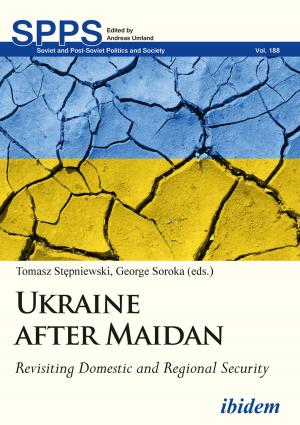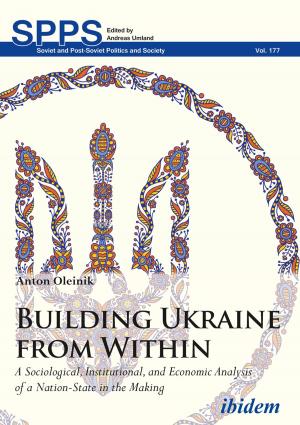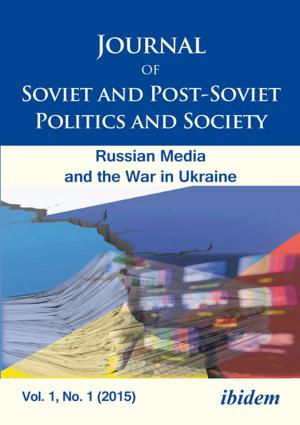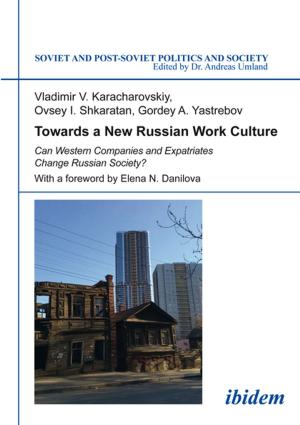Informal Healthcare in Contemporary Russia
Sociographic Essays on the Post-Soviet Infrastructure for Alternative Healing Practices
Nonfiction, Health & Well Being, Medical, Reference, Health Policy, Social & Cultural Studies, Social Science| Author: | Yulia Krasheninnikova | ISBN: | 9783838269702 |
| Publisher: | Ibidem Press | Publication: | April 25, 2017 |
| Imprint: | Ibidem Press | Language: | English |
| Author: | Yulia Krasheninnikova |
| ISBN: | 9783838269702 |
| Publisher: | Ibidem Press |
| Publication: | April 25, 2017 |
| Imprint: | Ibidem Press |
| Language: | English |
This volume deals with one of the most understudied aspects of everyday life in Russian society. Its main characters are the providers of goods and services to whom people turn for healthcare instead of official medical institutions. This encompasses a wide range of actors—from network marketing companies to 'folk' journals on health as well as healers, complementary medicine specialists, and religious organizations.
Krasheninnikova's investigation pays particular attention to the legal, social, and economic status of informal healthcare providers. She demonstrates that these agents tend to flourish in bigger towns rather than in small settlements, where public healthcare is lacking. She also emphasizes the flexibility of boundaries between formal and informal healthcare due to the evolution of rules and regulations. The study reveals the important role of institutions that are generally not connected to alternative medicine, such as pharmacies, libraries, and church shops. This book is based on rich empirical observations and avoids both positive and critical assessment of the analyzed phenomena. The result is a vivid and thorough introduction to the world of self-medication and alternative healing in contemporary Russia.
This volume deals with one of the most understudied aspects of everyday life in Russian society. Its main characters are the providers of goods and services to whom people turn for healthcare instead of official medical institutions. This encompasses a wide range of actors—from network marketing companies to 'folk' journals on health as well as healers, complementary medicine specialists, and religious organizations.
Krasheninnikova's investigation pays particular attention to the legal, social, and economic status of informal healthcare providers. She demonstrates that these agents tend to flourish in bigger towns rather than in small settlements, where public healthcare is lacking. She also emphasizes the flexibility of boundaries between formal and informal healthcare due to the evolution of rules and regulations. The study reveals the important role of institutions that are generally not connected to alternative medicine, such as pharmacies, libraries, and church shops. This book is based on rich empirical observations and avoids both positive and critical assessment of the analyzed phenomena. The result is a vivid and thorough introduction to the world of self-medication and alternative healing in contemporary Russia.








![Cover of the book Stalins Kommandotruppen 1941-1944 [German-language Edition] by Yulia Krasheninnikova](https://www.kuoky.com/images/2015/april/300x300/9783838267203-K5C4_300x.jpg)






